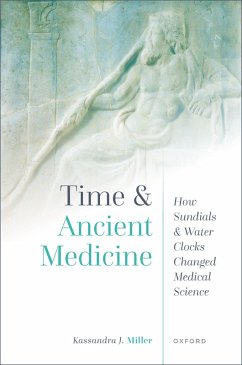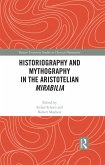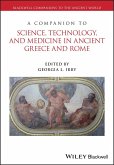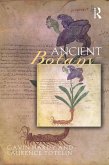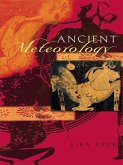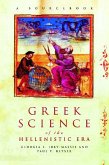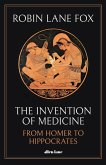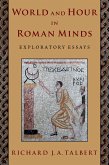Time and Ancient Medicine is the first monograph to explore, on the one hand, how the introduction of new timekeeping technologies (namely, sundials and water clocks) affected the practice, rhetoric, and philosophy of ancient medicine and, on the other hand, how medical timekeeping practices affected engagement with time elsewhere in society. The study seeks, first, to offer a chronological narrative of how timekeeping technologies and medical practices evolved and influenced one another in ancient Greece and Rome, with consideration of relevant Pharaonic Egyptian and Assyro-Babylonian precedents. Kassandra J. Miller turns to a series of case studies, drawn from the Roman Imperial period, to investigate thematic questions, asking how debates over medical timekeeping interacted with debates over proper scientific methodology, the status of medicine as a formal art, and the relationships between medicine and other disciplines like mathematics, astronomy, and astrology. Throughout, this study places epigraphic, artistic, and other material evidence for hourly timekeeping in dialogue with selections from medical literature, some of which has not previously been published in modern-language translation. Ultimately, this study reveals that time and timekeeping played fundamental roles in ancient medical debates and practices and challenges the traditional narrative that the social history of ?clock time? only begins with the invention of the mechanical clock in the Medieval period. It offers new insights into the specific ways that physicians of the ancient Mediterranean engaged with their evolving temporal landscapes and raises questions about the relationships between time and medicine in the modern day.
Dieser Download kann aus rechtlichen Gründen nur mit Rechnungsadresse in A, B, BG, CY, CZ, D, DK, EW, E, FIN, F, GR, HR, H, IRL, I, LT, L, LR, M, NL, PL, P, R, S, SLO, SK ausgeliefert werden.

